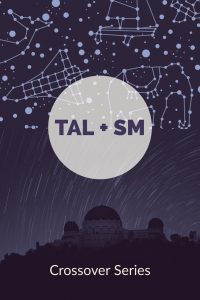
This Anthro Life – Savage Minds Crossover Series, part 3
by Adam Gamwell and Ryan Collins
This Anthro Life has teamed up with Savage Minds to bring you a special 5-part podcast and blog crossover series. While thinking together as two anthropological productions that exist for multiple kinds of audiences and publics, we became inspired to have a series of conversations about why anthropology matters today. We’re sitting down with some of the folks behind Savage Minds, SAPIENS, the American Anthropological Association and the Society for American Archaeology to bring you conversations on anthropological thinking and its relevance through an innovative blend of audio and text.
In our third episode of the TAL + SM crossover series, we explored SAPIENS’ approach to producing anthropological content for popular audiences. Ryan and Adam were joined by the digital editor of SAPIENS, Daniel Salas, to discuss the implications of using anthropology to engage the public through journalism. The episode focused on the questions How do you reconcile scientific and anthropological writing, and is this mixture a new genre? Is there a balance to be found between producing timeless “evergreen” stories versus current events focused content for audience engagement?
Be sure to check out the first and second episodes of the TAL + SM collaboration: Writing “in my Culture” and Anthropology has Always Been out There. Continue reading